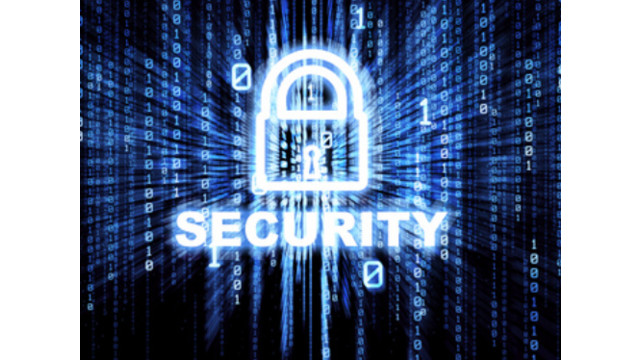Because of the COVID-19 outbreak, the government has extended the deadline for filing 2019’s taxes to July 15. But they suggest firms and individuals with a potential tax return to file asap to get access to these funds.
In the next few weeks, many firms struggling during the recession will rush to file to get their returns. Others may use this time as a needed reprieve to start getting their affairs in order to meet the extended deadline.
Between this and the vast number of workers who’ve shifted to telecommuting, the amount of vulnerable corporate data has skyrocketed. And cybercriminals are well aware of this. They have ramped up their number of attacks on both business networks and individual remote users.
Problem 1: Tax Data is Valuable
Tax data is the Holy Grail for hackers. Not only does it contain sensitive information like Tax ID numbers and employee personal records, but other vital data too. It includes gross earnings, filings, bank and financial account information, and more.
One document has enough for hackers to gain access to accounts, business networks, and steal employee identities. That’s why, every year, tax season is one of the most active times for cybercrime.
Even with the extended deadline, this year is no exception. In fact, because of the COVID-19 outbreak, hackers are more active than ever.
Problem 2: Remote Isn’t as Secure
Most business networks have some form of enhanced network security. Many use firewalls, VPNs, anti-malware, and other tools. They create comprehensive protection against cyber threats. Employees’ home networks and personal devices are usually no match for corporate ones.
But many workers now work remotely. So they’re much easier targets for hackers. Most home networks contain few if any security protocols. And, if they do connect to secure networks, the connections themselves may not be secure.
Hackers can deploy man-in-the-middle attacks and malware to intercept data-in-transit. Not only does it include tax records but also other data sent between corporate networks and unsecured devices.
Problem 3: Confusion is Everywhere
The story changes every day. Authority only recently delayed taxes. What if they do that again? Do individuals still need files? Are there any new deductions for businesses in the wake of this concept? It’s enough to make your head spin.
Taxes are difficult enough to do in an average year. This year has created mass confusion, which hackers consider a golden opportunity to exploit. For example, they’ve started sending social engineering emails related to the current events. “Immediate Response Required Due to COVID-19” is one such example.
These emails are a far cry from Nigerian Prince Scams. They take unsuspecting victims to websites that resemble official government or corporate landing pages. It’s easy enough for people to fall for this and input their user credentials. It grants hackers access to all kinds of accounts.
How to Protect Your Firm This Tax Season
There’s no clear answer when things might go back to normal. It could be weeks or months. In the meantime, firms must form a solid plan for data security, especially for tax documents.
Whether for personal or your business, it’s essential to review how to file taxes. If you or your employees have individual tax refunds waiting, this is the time to apply for them to get some relief.
If you haven’t filed corporate taxes already, take the time to see what your company owes. The federal government and most states may have tax credits or other forms of help available.
You can’t predict what will happen over the next few weeks and months. But you can prevent cyber-attacks from affecting your business and personal networks.
Hackers don’t want tax documents only. They’re interested in corporate data, files, media, contact and customer information, and other vital data. And it’s all on your business or personal devices. Be sure to instruct all employees to follow digital security practices, such as:
● Securing all online accounts with unique, robust passwords
● Using two-factor authentication and other account security tools
● Protecting all network connections with a virtual private network and firewall
● Locking all devices with passcodes and other tools
● Recognizing suspicious emails and websites
● Using antivirus and antimalware software
● Scanning all files and links before opening
● Encrypting all data on local and cloud storage drives
● Encrypting all files at rest and in transit
● Making and securing backup copies
Cyber-attacks may be on the rise, but they don’t have to happen to you or your organization. You can defend and prevent hacks now and when things go back to normal by adopting these strategies and staying vigilant against threats.
===========
Harold Kilpatrick is a cybersecurity consultant and a freelance blogger. His main interest is cybersecurity and the main goal is to raise awareness around the threats that people and businesses can face online.
Thanks for reading CPA Practice Advisor!
Subscribe Already registered? Log In
Need more information? Read the FAQs




